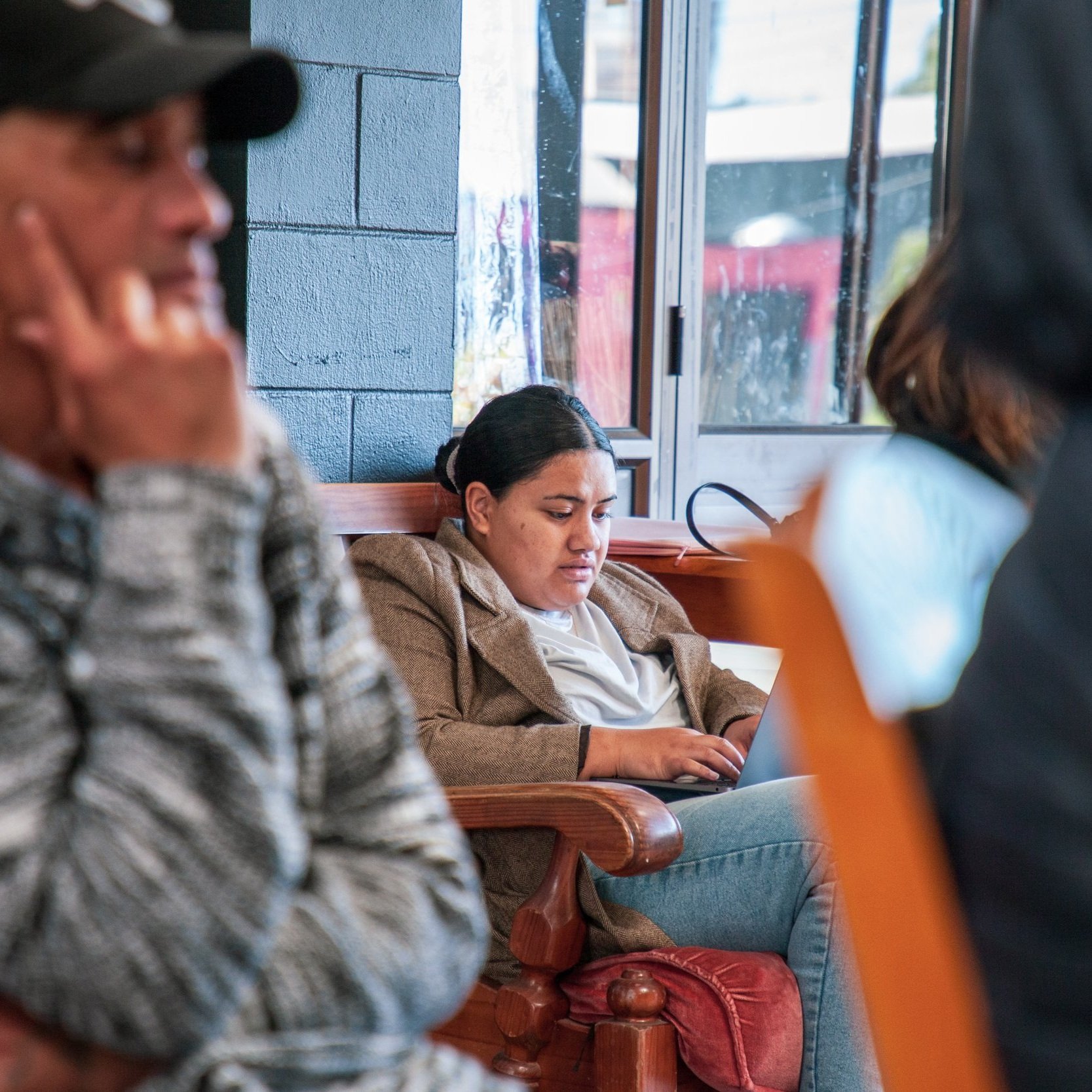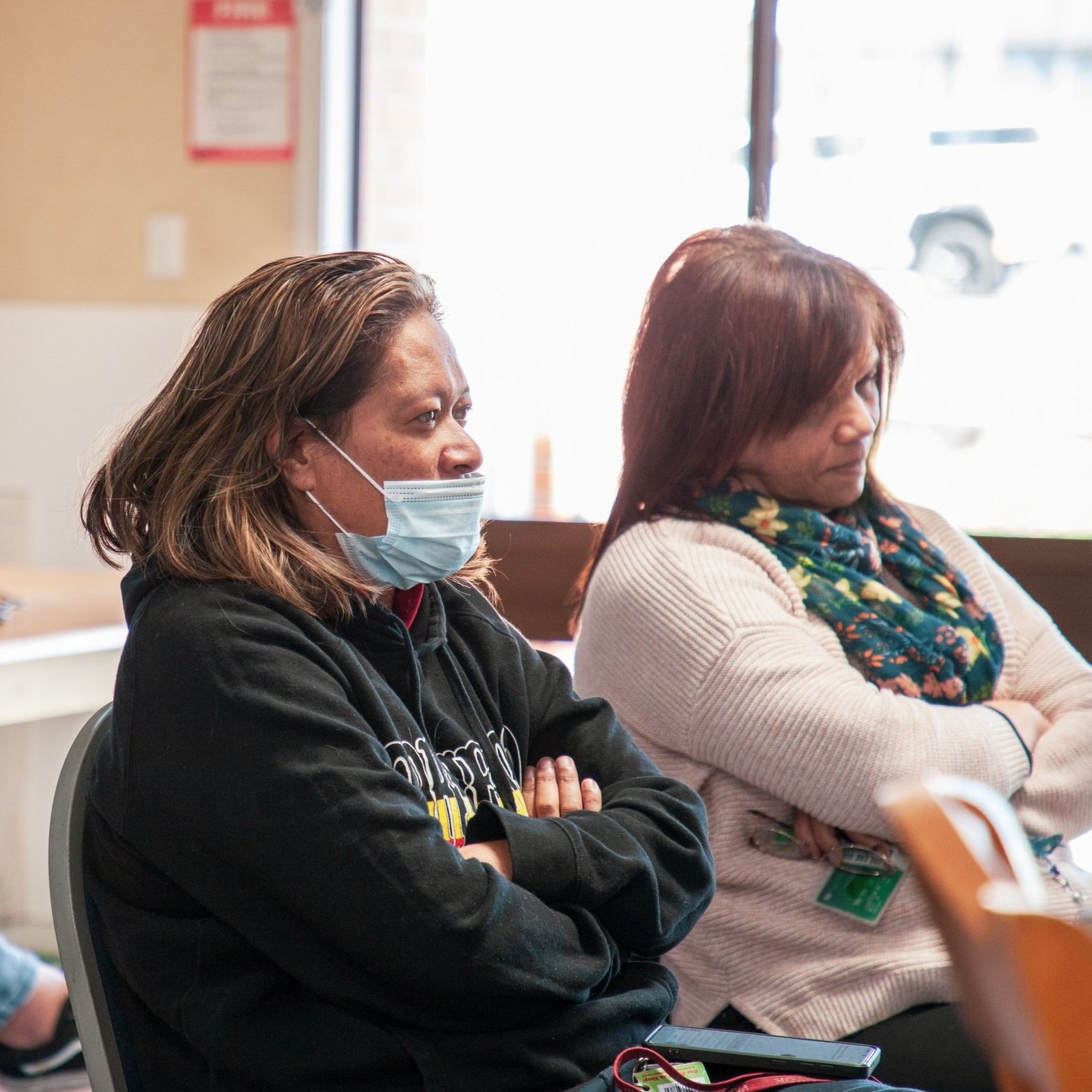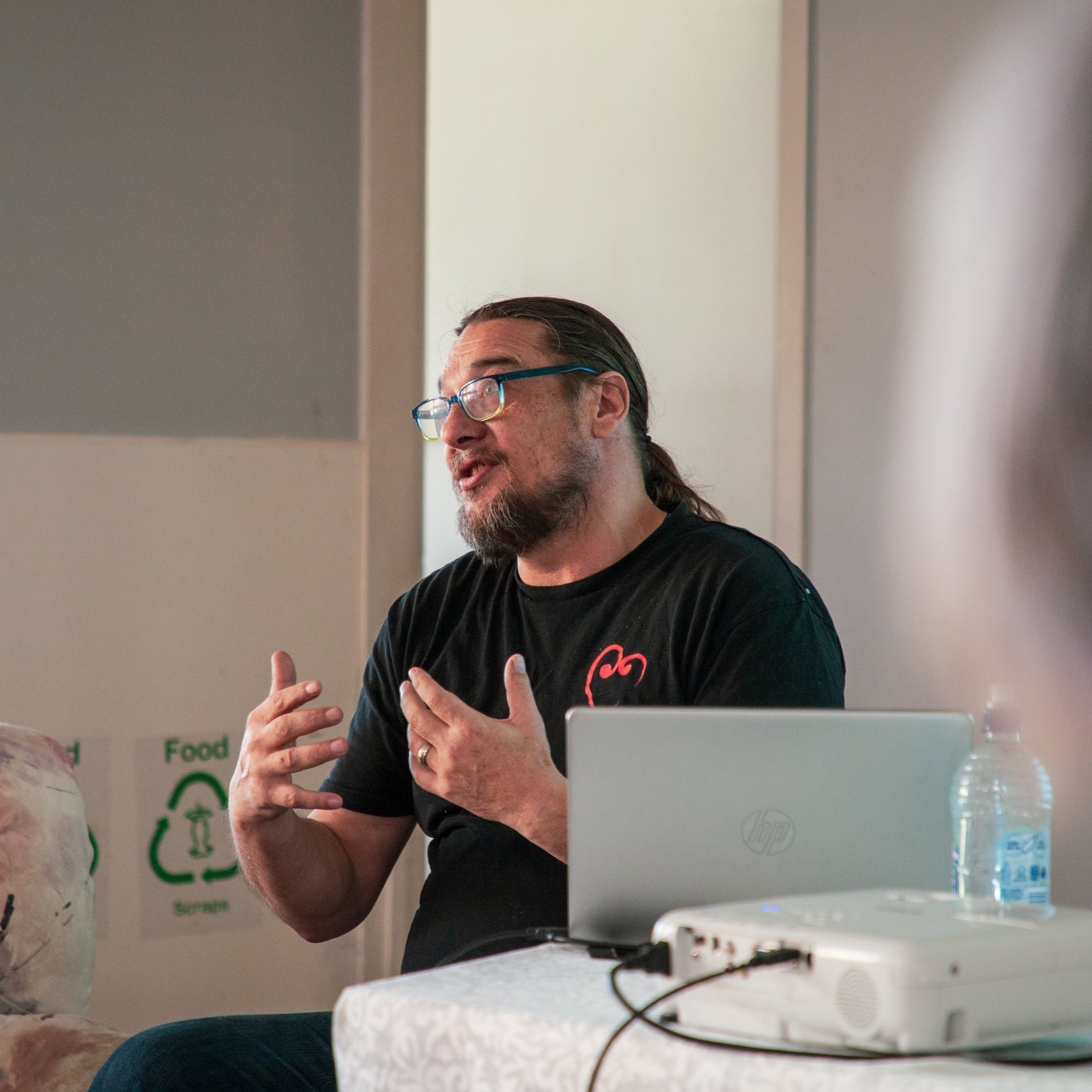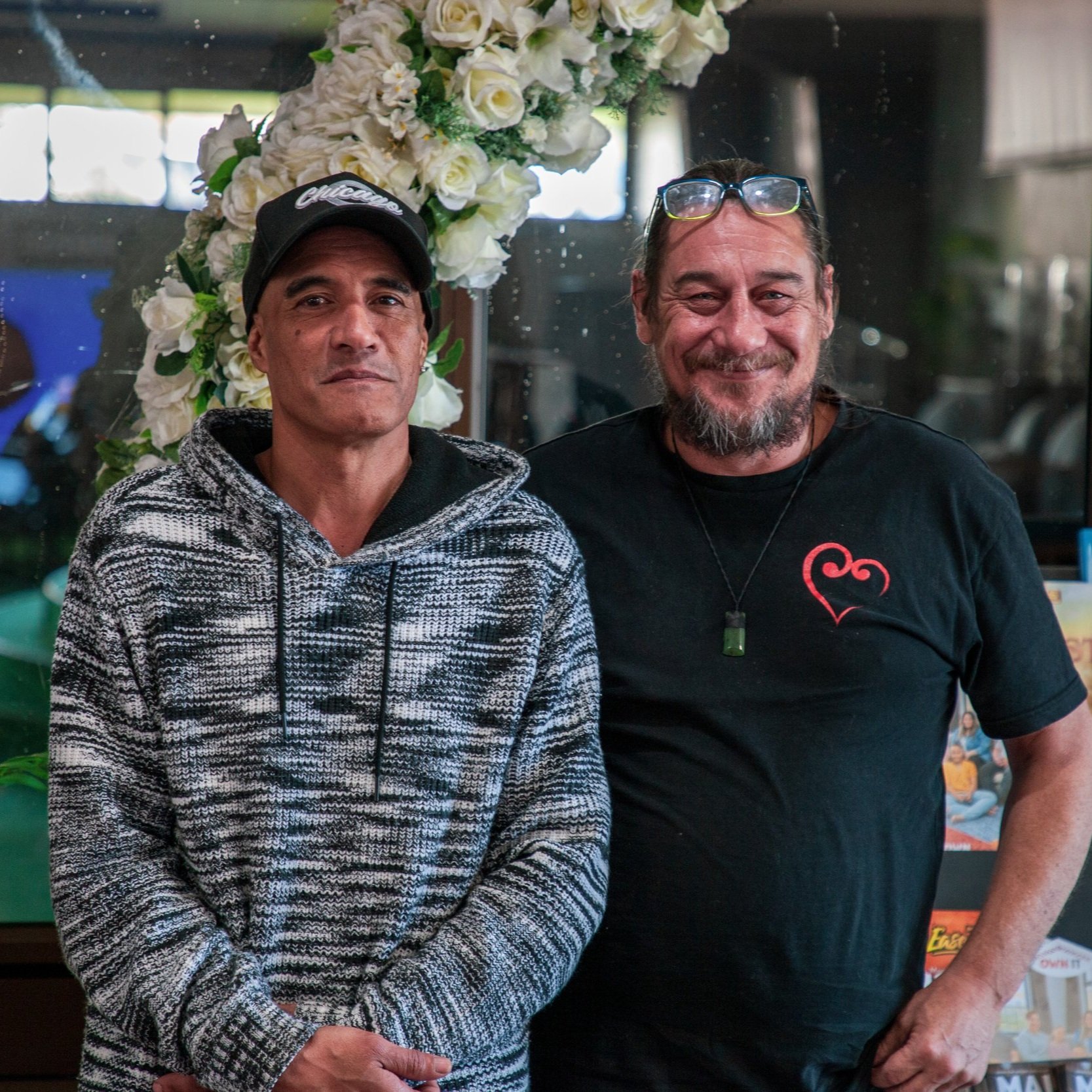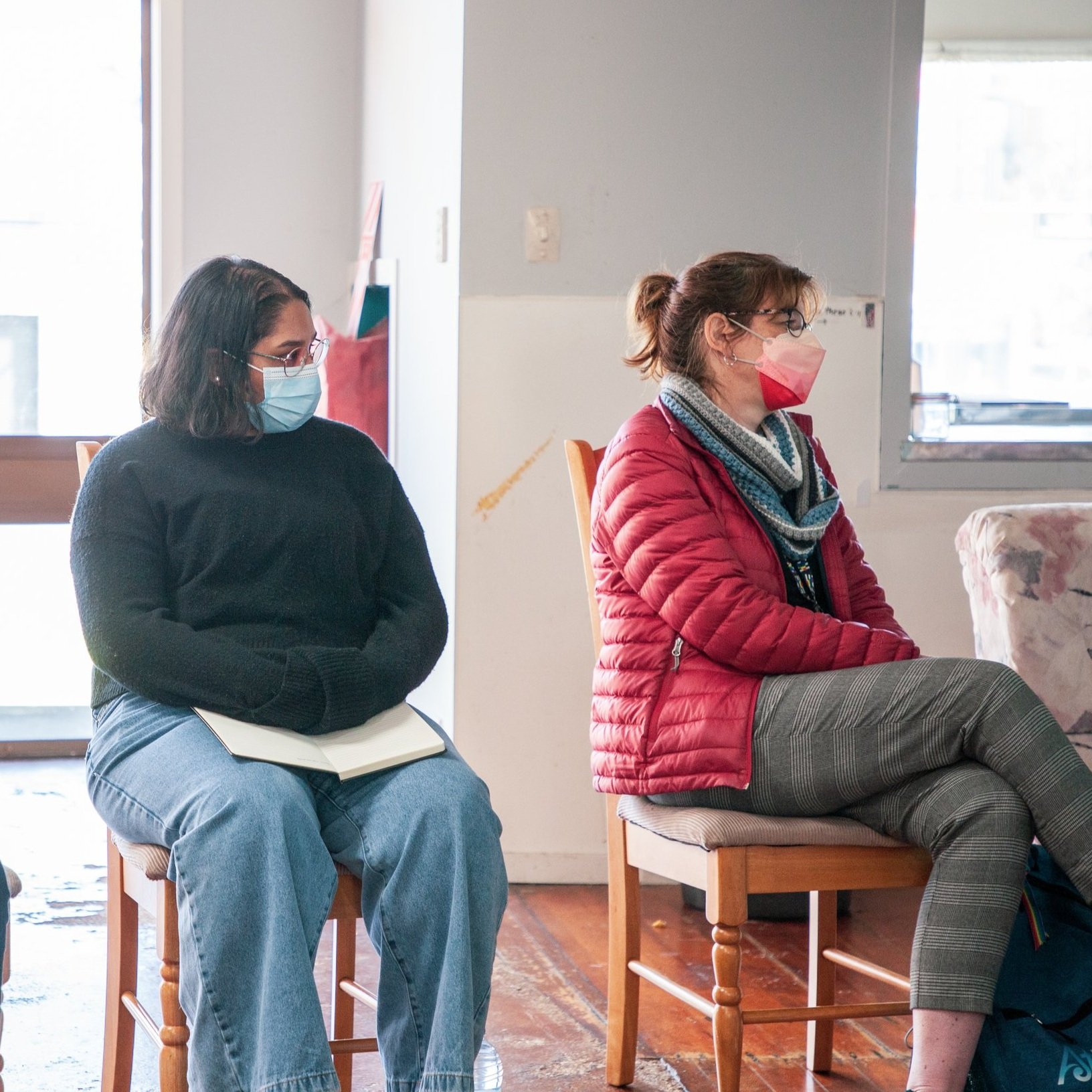Trauma-Informed Care 2022 with Peter Thorburn
Trauma are experiences that overwhelm someone’s capacity to cope, and can manifest itself in situations that are emotionally or physically threatening to people. Different people react in different ways to trauma and that can vary from minor events to debilitating situations.
A strengths-based model that are inclusive of the survivor’s perspective Trauma-Informed Care is informed by up-to-date research and practice. It recognizes that coercive treatments need to be avoided as they can either cause new trauma or re-traumatize survivors. Those in care a valued and given help and support by having a flexible approach, remaining neutral, to avoid shaming and humiliating. Trauma-Informed care puts whānau first to give them the care they need.
On the 7th of September, Peter Thorburn ran a training for about 12 of our Tāmaki whānau at Faith Family Community. We learnt about the effects and symptoms different types of trauma can have on people, and why people can turn to certain behaviours like alcohol and drug abuse and self-harm as a coping mechanisms due to unresolved traumas. We learnt how we can manage self-destructive behaviours to give our whānau the care they need.
Whānau first is always the best approach when it comes to care. Catering to their needs is what can help best prevent further trauma from being inflicted, as well as provide an excellent foundation as they recover. Trauma-Informed Care requires understanding and careful navigation when it’s time to treat whānau. It’s based on building trust and healthy relationships between whānau and professionals. If we use this approach moving forward, then can we really make meaning change for those who really need it.

